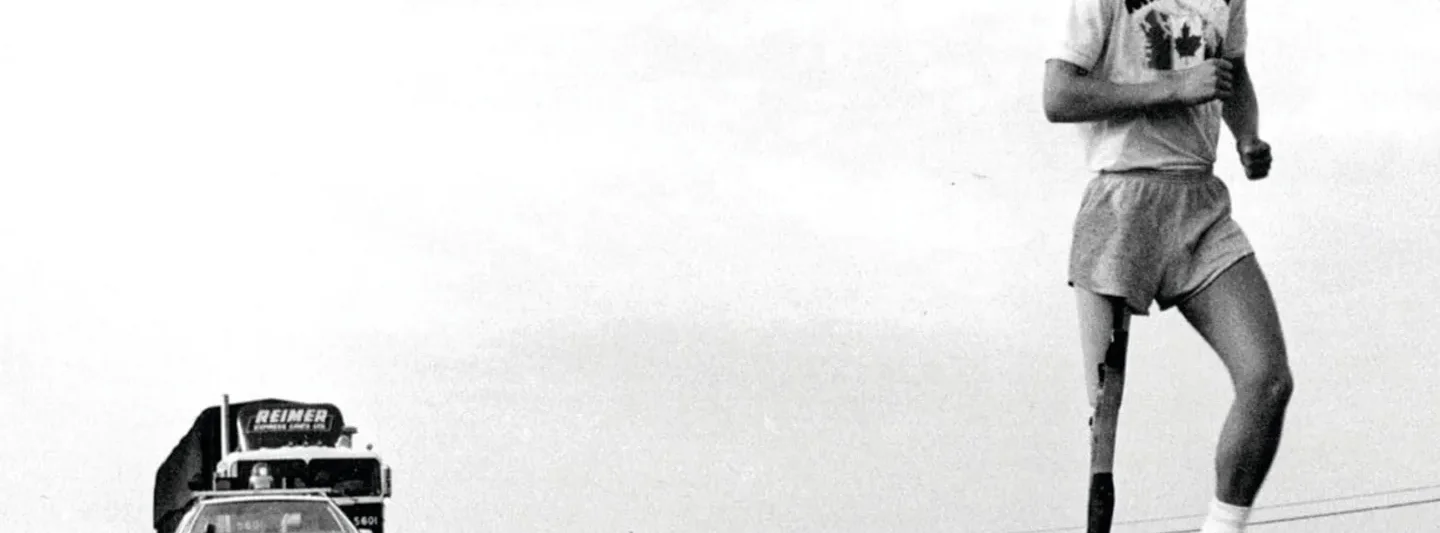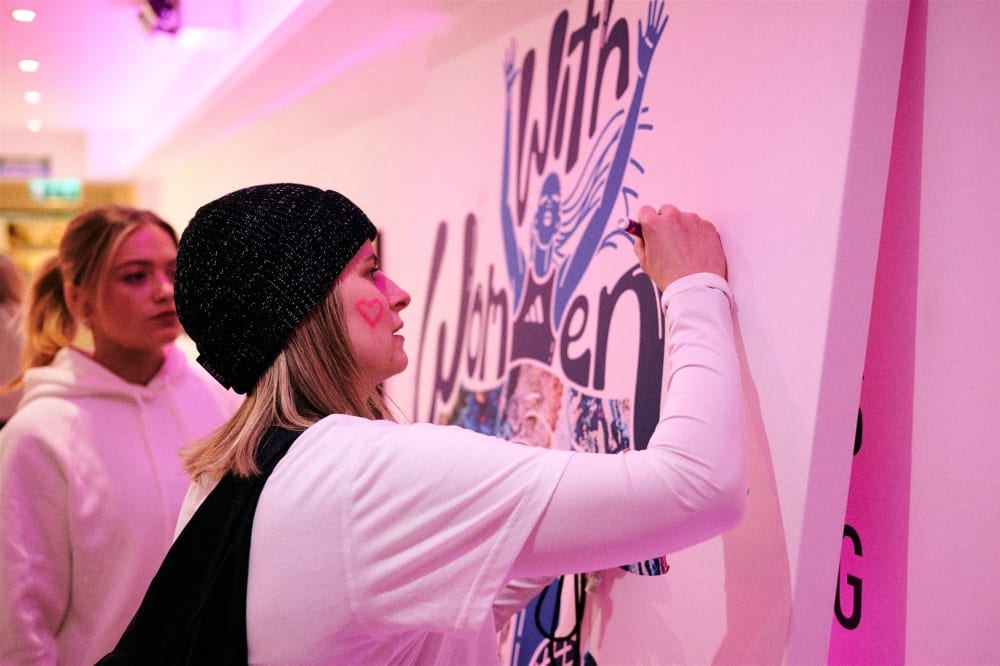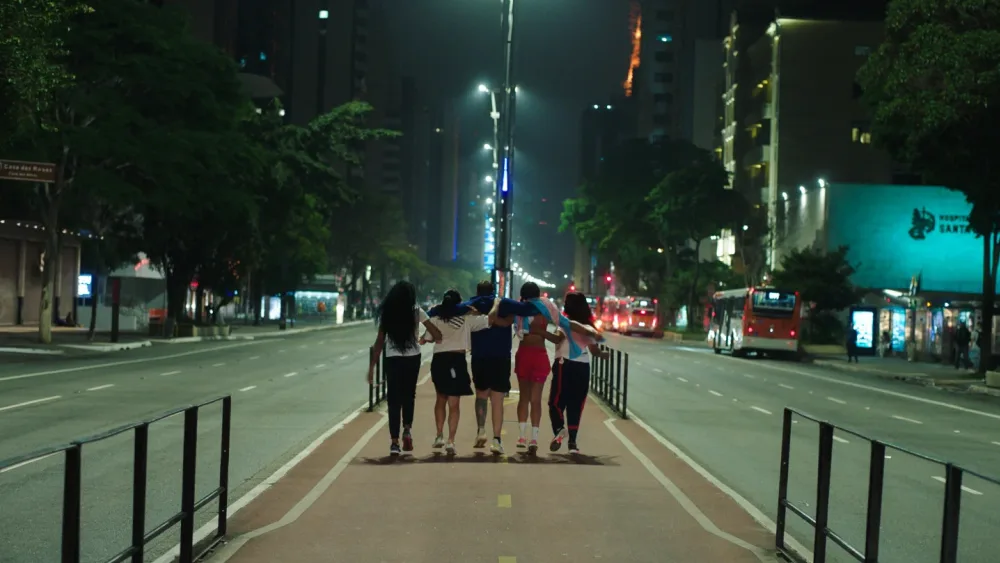
A Marathon of Hope: The Terry Fox Story
To mark the 40th anniversary of Terry Fox’s ‘Marathon of Hope’ we look back at the history of a legend.

At age 18, Terry Fox received news that changed the course of his life and shook the outlook for his future. As an active teenager, he ran cross country and played college basketball, so when he started experiencing knee pain, he thought little of it until the pain got so severe that he finally went to see his doctor. At that doctor’s appointment Terry was diagnosed with osteogenic sarcoma bone cancer. His doctor told him that if he wanted to live, his right leg would need to be amputated above the knee.
Three weeks after his surgery, Terry was learning to walk with the help of an artificial leg. However, the road to recovery was anything but easy for him. The time that he spent in recovery made a mark on him that was irreversible. He witnessed suffering like he had never encountered before: the screams of cancer patients around him and young, once capable bodies plagued by cancer.
When he left the treatment center, he knew that he was one of the lucky ones. He decided to do something to help those battling for their lives. The night before Terry underwent his operation, his high school basketball coach brought him a running magazine that featured an article about an amputee who had run in the New York City Marathon. That night Terry dreamt about running across Canada. This dream never left him, nor did the heavy burden to help the patients he had met in the recovery center.
"That night Terry dreamt about running across Canada."
Two years after his operation, Terry started training so he could achieve his dream and raise money for cancer research. He trained for 15 months, running a total of 3,159 miles. Some days, he would run until his leg was raw and bleeding, but he didn’t relent running every day for 101 days until he could run 23 miles a day.
Before embarking on his cross-country run, Terry wrote a letter to adidas requesting footwear sponsorship. In support of his mission, adidas sent him 26 pairs of the Orion shoe. On April 12, 1980, he laced up his Orions, dipped his artificial leg in the icy waters of the Atlantic Ocean and set off on the greatest run of his life, the Marathon of Hope.
By September 1 1980, Terry had run a total of 143 days and 5,373 kilometres before his cancer made a devastating return. On June 28 1981, the cancer took his life before he could finish his journey, his story inspired countless people across the world, and he united a nation in the fight to end the hurt of those touched by cancer.
Terry became a symbol of hope, courage and selflessness. His legacy has inspired generations of Canadians from all walks of life, in deeply personal ways. Today his legacy is widely celebrated across Canada through annual Terry Fox runs, which are held every September to raise money for cancer research.
"Terry became a symbol of hope, courage and selflessness. His legacy has inspired generations of Canadians from all walks of life, in deeply personal ways."
His mission is still being carried out through the work and innovative research done by the Terry Fox Foundation. Terry’s brother, Fred Fox, is one of the leaders at the foundation today. We learned more from Fred on how his brother’s mindset inspires generations 40 years later and the imprint Terry has on cancer research being done today.
You had visited Terry when he was running through Toronto and Northern Ontario. Did you have any idea that his quest would be written in the Canadian history books for years to come? Did you think he would have such a profound impact on cancer research 40 years later?
Fred:
When our family saw Terry off at Vancouver airport five days before he started his Marathon of Hope on April 12, I’m certain that none of us, including Terry, had any idea what would be ahead of him as he ran across Canada. Until I ran with Terry down University Ave in Toronto on July 11, the only time that I had seen Terry run was on TV, on the 6 o’clock news. I then personally experienced the impact Terry was having on Canada. Terry could have only hoped that his sacrifice in 1980 would have the impact on cancer research that it’s had from funds raised in his name.
What do you think it is about Terry’s mindset that inspires so many people even 40 years later?
Fred:
It’s clear that Terry was doing his run for all of the right reasons. He did not run to personally benefit from the money raised and it wasn’t about becoming rich or famous for him. Terry didn’t care for being called a hero. Terry was an average, ordinary Canadian kid who believed that if you work hard and never give up, anything is possible if you try.
What can we take from Terry’s resilience and how can we apply his mindset to times of future uncertainty?
Fred:
Terry was an innovator; he wasn’t afraid to do something different to make a difference so that he could help others – no matter the barriers that he faced. Terry had to put himself in uncomfortable situations like running in bad weather, he would sleep in a cramped van and would go without seeing his family for weeks at a time.
During the Marathon of Hope, Terry would often run close to a marathon a day and he would often say “it’s not supposed to be easy.” Terry believed you need to make sacrifices to help others. That’s what we have been needing to do over these last few months. Doing things not normal and uncomfortable to help others stay healthy during times of uncertainty.
How did Terry change the landscape of cancer research in Canada and around the world?
Fred:
After Terry was diagnosed with cancer and had undergone chemotherapy for 18 months, he did some research and found that little government money and funds raised were going to cancer research in Canada. He was inspired by others with cancer – especially young patients – to do something about it. Before Terry passed away in June of 1981, he wanted to know that the money raised from the Marathon of Hope would be used to fund the best innovative cancer research. Terry brought attention to the importance of research. Terry’s legacy through the fundraising from the Terry Fox Run has had a monumental impact on cancer research in Canada.
To celebrate the 40th anniversary of the Marathon of Hope, adidas is releasing a commemorative collection, with 100% of the net proceeds going to the Terry Fox Foundation to support cancer research. Our goal is to raise $ 1 million through a series of drops over the next few months, with each piece paying homage to Terry’s legacy. On Canada Day (July 1), we’ll release two exclusive shirts and the adidas Orion shoe that Terry wore during his Marathon of Hope.

TERRY FOX FOUNDATION
Find out more about the collection and how you can support the Terry Fox Foundation.






